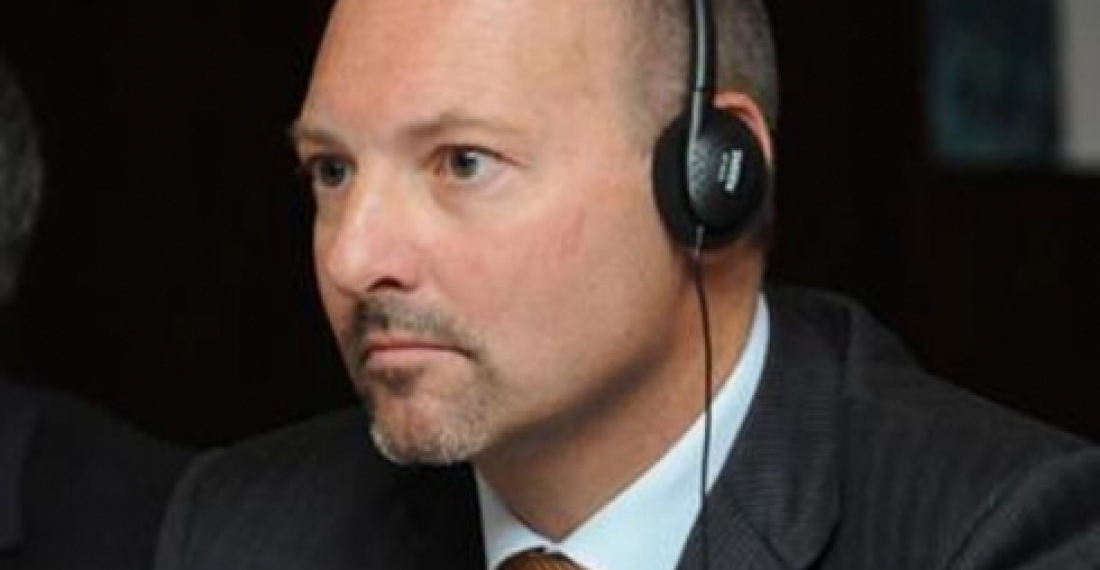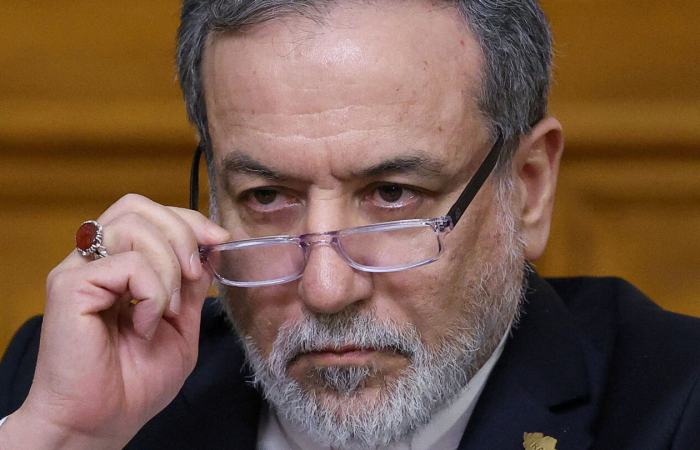Посол Европейского Союза в Азербайджане, Ролан Кобиа, заявил на вчерашней пресс-конференции в Баку, что ЕС ведёт интенсивные переговоры с Арменией и Азербайджаном с целью обеспечения их уступчивости во взаимодействиях по урегулированию нагорно-карабахского конфликта.
Кобиа отметил, что ЕС назначил специального представителя на Южном Кавказе, который интенсивно занимается с проблемой, и чьи предложения были представлены обоим правительствам. Эти предложения сводятся к формальной роли Европейского Союза в разработке мер по укреплению доверия в качестве составной части процесса укрепления мира в регионе. Посол Кобиа также подчеркнул, что ЕС размышляет над тем, чтобы европейские официальные лица были представлены непосредственно на месте в зоне конфликта и уточнил, что такие визиты в регион не означают признания независимости самопровозглашенной республики Нагорный-Карабах.
Политический редактор Commonspace.eu говорит в комментарии: "Это редкое заявление официального представителя ЕС о том, что Европейский Союз ищет свое взаимодействие в нагорно-карабахском процессе. Понятно, что в прошлом, в то время, как правительства Армении и Азербайджана приветствовали усилия ЕС в поддержке урегулирования карабахского конфликта, на практике сталкивалось с промедлением. Позиция ЕС эволюционировала на протяжении прошлого года и в настоящее время стала более настойчивой в претензиях на роль в урегулировании конфликта с участием двух стран, с которыми союз в настоящее время ведёт переговоры о соглашении об ассоциации, и в регионе, который ЕС определил, как первостепенной важности. В течение следующих месяцев этот вопрос всё больше будет в центре внимания, и мы увидим некоторые важные события."
Источник: commonspace.eu
Фото: Роланд Кобиа, посол Евросоюза в Азербайджане (фото любезно предоставлено АПА)
Analysis
Под обсуждением участие ЕС в урегулировании карабахского конфликта, т.к. ЕС претендует на роль в процессе.







